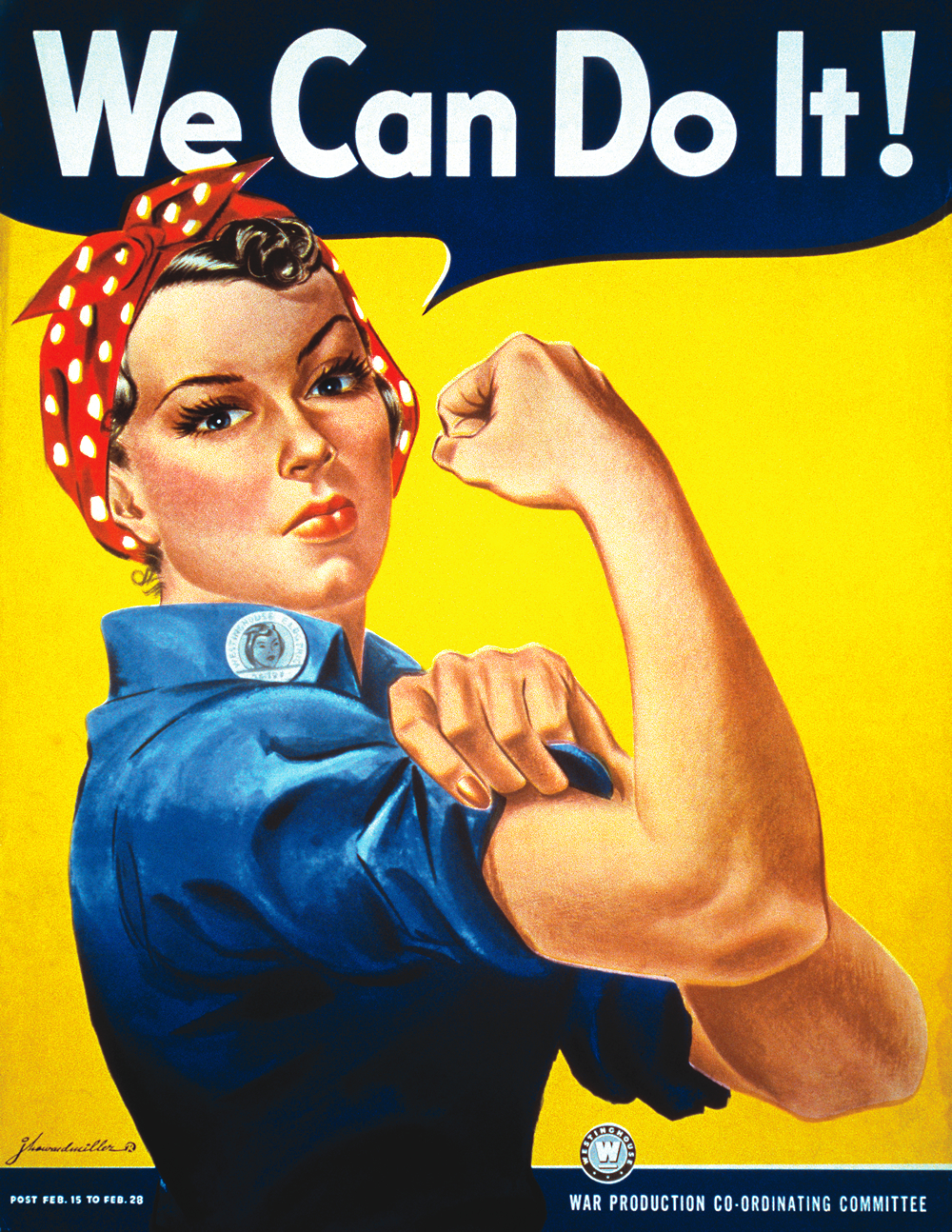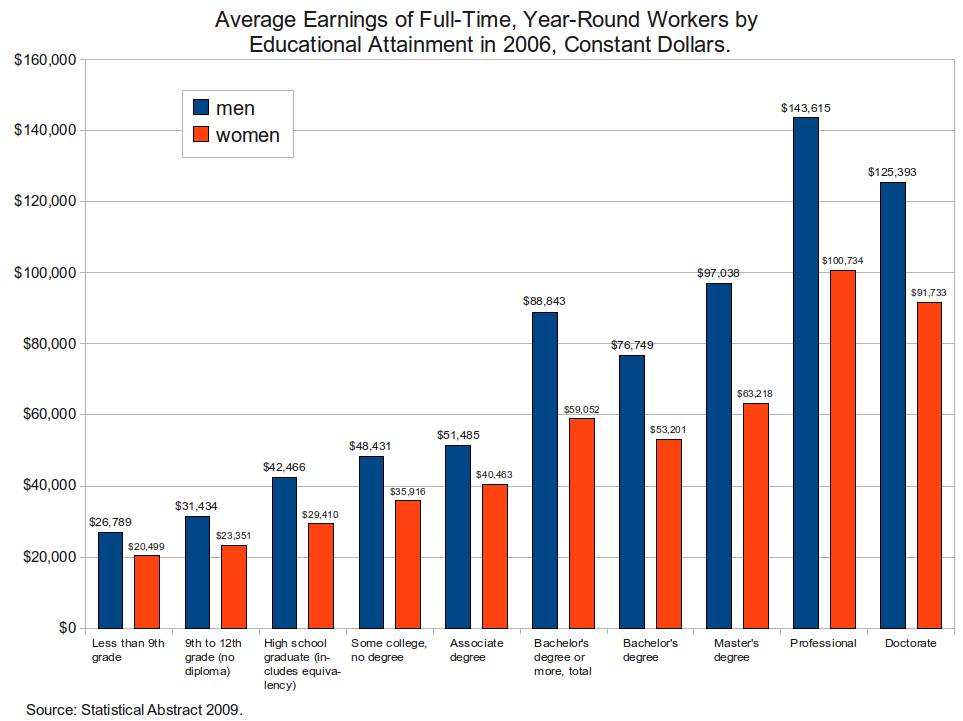Gender and Power:
Women in the Workplace
In addition to these jobs, women were signing up for jobs in the armed forces and the navy such as, nurses and clerical workers in the marines. A lot of women also eagerly applied to be "Hello Girls" which were telephone receptionists for the army near the front lines in France. While men experienced the traumatic horrors of war, women often experienced the benefits of independence in the absence of men. Unfortunately once WWI ended, many women were released from their jobs to give back to the men who had them before the war. A lot of women were fired or left to work along side with men, but of course, for a much lower wage. Equal rights? Yeah, not yet but the women were not about to give up as they were progressing more and more towards it. So what do Americans do when they want something so badly? They go on strike; and that's exactly what the women did. The most prominent being the strike for equal pay.
 WWI did lead to many important advances for women. They gained support for women suffrage and it contributed to the passage of the 19th Amendment in 1920 - talk about a huge win for women! Of course when things are going good, something bad is bound to happen. Like the Great Depression. Equal pay was overridden by this when people had bigger problems to worry about, like simply surviving. People were taking any jobs they could get. Who has time to protest when you're going poor (ain't nobody got time for that!).
WWI did lead to many important advances for women. They gained support for women suffrage and it contributed to the passage of the 19th Amendment in 1920 - talk about a huge win for women! Of course when things are going good, something bad is bound to happen. Like the Great Depression. Equal pay was overridden by this when people had bigger problems to worry about, like simply surviving. People were taking any jobs they could get. Who has time to protest when you're going poor (ain't nobody got time for that!).
By 1939 World War 2 began and it was like deja vu. Men were sent off to war and women were once again needed in the workplace. Since women were still not being given fair wages, a new political figure made it's way to the top. The famous Rosie the Riveter; which inspired women to join the war effort and go back out into those “commonly male” jobs. Not everyone was sold on this proposition, but there were some employers who eventually gave into equal pay for women. Even though things weren't guaranteed to stay like this after the war ended, nobody had to assemble or even lead a strike. Finally employers began to set wages in correlation to the level of work people were performing in the workplace, the more skills you had the better your pay was.
Women definitely proved they could keep up in the workplace just as good as men could. And they looked better doing it, too. Talk about determination.
 I really enjoyed learning about this period in time because women progressed majorly in the workplace and proved their worth to men without having to protest about it for years. Go women! In todays society, women still struggle with comparison to men when it comes to the workplace. Sure, not nearly as bad as they did during WWI and WWII, but they still face some disadvantages. Women are likelier to be passed over for high profile assignments and women are said to make 77 cents for every $1 a man makes. Not fair, I know. Not all, but some men still have larger wages than women do. Some 2 times larger! Not okay. Why shouldn't women get paid the same amount or have the same exact opportunities as men? They worked for it and had no other choice but to maintain the house and the workplace and sure enough we proved how valuable women really are. Men were granted jobs because they were men, women were thrown into jobs and did them just as well as men did and they did not stop fighting until people realized that not only did women need jobs, but jobs needed women.
I really enjoyed learning about this period in time because women progressed majorly in the workplace and proved their worth to men without having to protest about it for years. Go women! In todays society, women still struggle with comparison to men when it comes to the workplace. Sure, not nearly as bad as they did during WWI and WWII, but they still face some disadvantages. Women are likelier to be passed over for high profile assignments and women are said to make 77 cents for every $1 a man makes. Not fair, I know. Not all, but some men still have larger wages than women do. Some 2 times larger! Not okay. Why shouldn't women get paid the same amount or have the same exact opportunities as men? They worked for it and had no other choice but to maintain the house and the workplace and sure enough we proved how valuable women really are. Men were granted jobs because they were men, women were thrown into jobs and did them just as well as men did and they did not stop fighting until people realized that not only did women need jobs, but jobs needed women.
America has changed A LOT since both wars though and now a days men are becoming "stay at home dads" while the women are progressing in the workplace. Hmmm, sounds like payback if you ask me.



